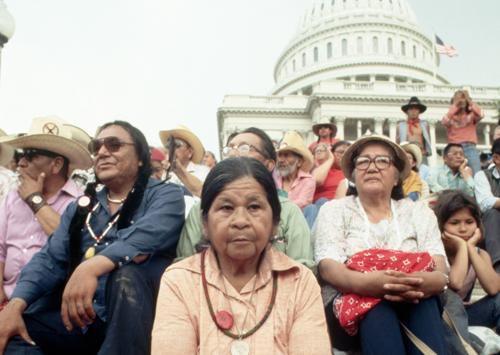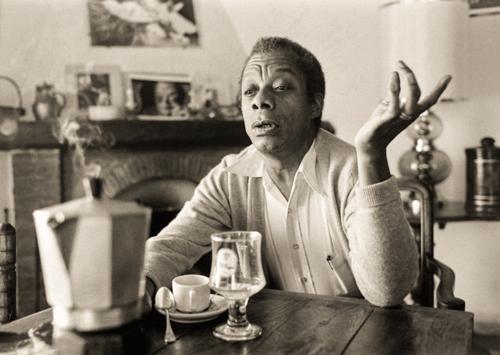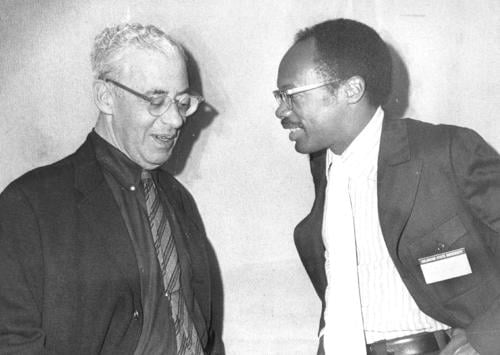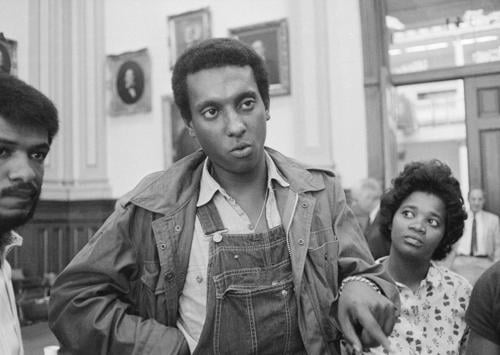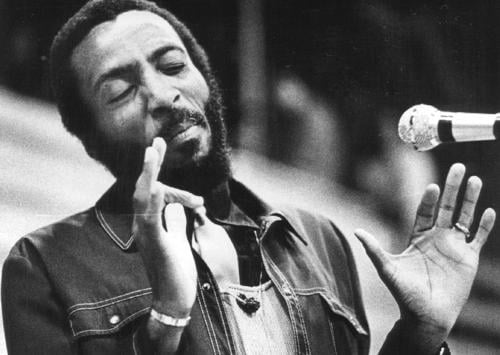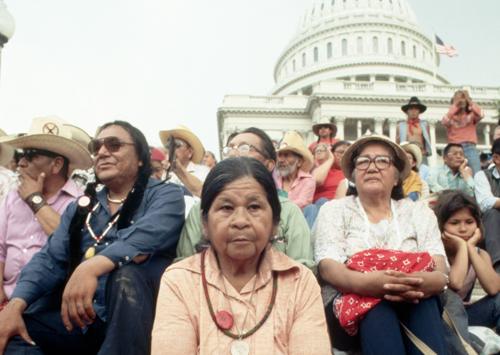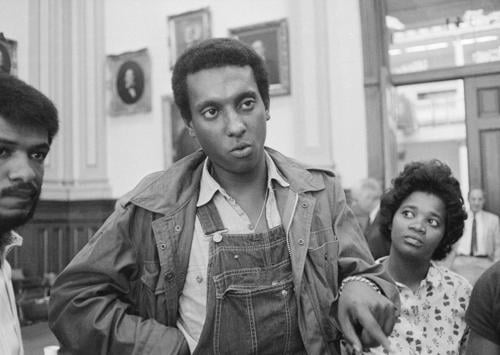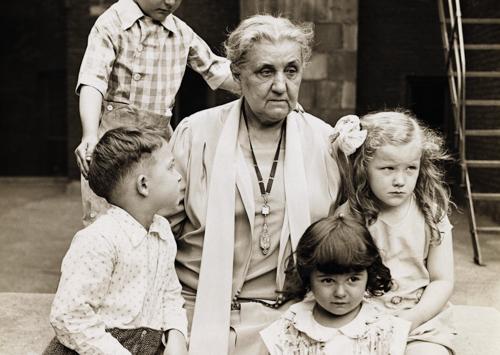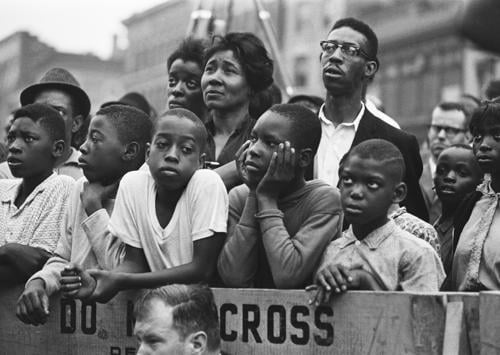Grassroots Activism by Nicholas De Genova
One of the remarkable distinctions of Studs’ interviews with activists struggling for social justice is his deep curiosity and empathic sensitivity to the personal dimensions of their experiences. This sensibility is memorably evident in his long roundtable discussion with the young African American freedom fighters of the Student Non-violent Coordinating Committee (SNCC). Amidst their many testimonials about the courage and determination required to repeatedly put themselves into physical danger, confronting racial violence, constant police harassment, and routine jailing, Studs notably seeks to explore a variety of more intimate topics that are inextricable from their activism. Studs inquires about their experiences of hunger, lack of money, lack of transportation, and their consequent dependency upon the solidarity of the Black community, even when many of those same supporters felt too intimidated by the police and at risk of recriminations to actually participate publicly in overt protest activities. Rather than merely lauding the SNCC organizers’ evident bravery and unquestionable dedication, Studs explores the moments of fear, despair, and hopelessness that accompany the sometimes lonely and discouraging work of campaigning to register Black voters or desegregate public facilities in the Jim Crow South. He likewise inquires into their struggles with loved ones, for whom their personal commitments to the civil rights movement inevitably presented concerns for their safety and conflicts over the prudence of their risk-taking. Thus, Studs appreciates the contradictions of the student activists’ youth and the generational tensions that were at play within the African American community. Similarly, he addresses the question of conservatism among the comparatively wealthy members of the Black community, the professional middle class, including many of the students’ families, whose relative material privileges could plausibly put them at odds with SNCC’s radical challenge to the deeply entrenched sociopolitical regime of racist terror and segregation in the South. Nevertheless, one is also left with a resounding appreciation for the profound gratification and sheer joy that were the rewards for the SNCC activists’s sacrifices, and a very intimate portrait of the veritable heroism of the civil rights movement as lived by Studs’ young interlocutors in this interview.
In the aftermath of the urban insurrections in Detroit and Newark in 1967, Studs interviewed Nathan Wright about his book Black Power and Urban Unrest. Acknowledging that the slogan “Black Power” had become widely associated with violence, Studs was especially intrigued by Wright’s subtitle: “Creative Possibilities.” The conversation that ensued identified power as an expression of the creative potentiality of life itself, and in this respect the interview underscores how much the Black Power movement could be understood to represent a veritable creative renewal of the culture and political life of the United States. With regard to the fraught relations between African Americans and whites, and particularly the institutions of white power, Wright: remarks “eyeball to eyeball, face to face — this kind of relationship [between whites and Blacks] is practically unheard of, it’s foreign to the basic American tradition” (15:00). Studs responds immediately by recognizing that Wright’s critique is a demand for genuine dialogue. This is indeed the hallmark of Studs’ interviews — a sincere desire to truly and as fully as possible explore topics in depth through an exchange of ideas and perspectives between interlocutors engaged in real dialogue. As Wright remarks at the end of the first segment, his interview with Studs has taken him on an unforeseen intellectual journey with unpredictable and unscripted turns that he describes memorably as “magnificent excursions of thought” (1:38:08).
Studs pursues the continuities between the Black Power movement and the emergence of new forms of Native American protest that asserted themselves as Red Power in his interview with Stan Steiner about his book The New Indians. The “newness” of the younger generation of Indians to which the title alludes reflected a newly militant sense of entitlement and assertiveness. As Steiner contends with respect to the romanticized notion of the “noble” and “vanishing” Indian, it is “a luxury to sympathize with the Indian — you only sympathize with him if he has no power” (43:21); consequently, in his view, there was a distinctly declining sympathy with American Indians precisely in reaction to the resurgence of protest that his book sought to demonstrate. Related to this theme is the skepticism that Steiner expresses about the anthropology or sociology of racially subjugated “minority” groups, such as Indians, and consequently the ways in which knowledge is inextricable from relations of unequal power. Referring to the fact that Native American social and political forms had historically been an inspiration for the creation of the democratic institutions of the United States, Steiner celebrates the profound resilience of Indian civilizational legacies and notes the fragility of white American identity; he remarks: “If the Indian was the first American, he may also be the last” (54:30). Revisiting this fragility, the interview takes a noteworthy turn when Studs elicits the personal motivations behind the author’s interest in the topic and he discusses his own youthful alienation and an experience of police abuse (1:21:00), linking his own disaffection with an expanding sense of social injustice.
In his program “Fiesta: a Chicago Happening,” which Studs characterizes as an accidental audio documentary, we are transported in time to Chicago’s now affluent and elegant Lincoln Park neighborhood in 1969, when the area was only beginning to be gentrified and could still be alternately celebrated for its racial diversity or decried as a slum where poor people were trapped in deplorable conditions. The focus of the program is a community party initiated by the Puerto Rican civil rights and community self-defense organization, the Young Lords, who organized their event after the application for a block party permit had been denied through the intervention of the local Alderman. What quickly becomes clear is that the block party was unwelcome by some neighborhood residents and the local authorities because the Young Lords were perceived to be politically suspect and threatening. Because of the City’s refusal of a permit to close the street and a large police presence intended to keep the party off the street itself, the festival was eventually located on the sidewalk in front of a derelict church that Young Lords were renovating as the site of a free daycare center for children. Once the festival inevitably spilled into the streets, however, the police responded with armed force and brutality. After skirmishes between police and community members, which temporarily led to the termination of the event, the festival was remarkably resumed with music and dancing in the street. In his characteristically wry and understated style, Studs interviews a wide array of local people about their thoughts and feelings, exposing a tableau of the tensions and contradictions within the neighborhood and the conflicts between the Puerto Rican community and the police.
Whether Studs was engaging activists or scholars, then, his interviews related to struggles for social justice all share a deep curiosity about the intersections of the personal and the political and the conjunctures of the biographical and the historical. This is what makes these interviews such vibrant and enduring historical documents, while also intimate portraits that speak to us from beyond the historical specificity of their precise moments in time and space.


